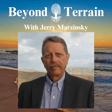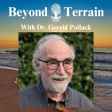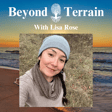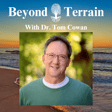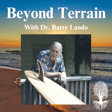
Phoenix Aurelius on Alchemy and it's Relation to Modern Science, Psychology, Health and More!
Join us this week as we explore the fascinating realm of Alchemy! In this episode, Phoenix Aurelius takes us on a journey through the transformative practice of Alchemy, from its ancient origins to its resurgence in the modern age. We begin by unraveling the essence of Alchemical health, probing the question of what Alchemy truly is and its significance in our understanding of well-being.
Next, we delve into the foundational principles of Alchemy, touching upon The Emerald Tablet and the Alchemical elements, revealing the rich tapestry of Hermetic wisdom. Moving forward, we trace Alchemy's connections to modern chemistry, exploring the influences of key figures like Paracelsus and the transformative processes embedded within Alchemy itself.
Shifting focus to the psychological realm, we unravel the threads of psychological Alchemy, drawing insights from luminaries such as Carl Jung and examining its integration into psychotherapy. We then explore how Alchemy can be harnessed for trauma healing, offering a potent tool for personal transformation.
We come full circle as our exploration culminates in a discussion on the resurgence of holism, where we talk about how alchemy, with its ancient wisdom, contributes to the revival of holistic approaches to a modern understanding of the cosmos, leading to superior health and well-being.
Join us for a captivating journey through the Alchemical landscape, where ancient wisdom converges with modern understanding.
I hope you enjoy the episode!
Learn from me
https://www.instagram.com/beyond.terrain/
https://linktr.ee/beyondterrain
Support the Vision
https://www.buymeacoffee.com/beyondterrain
ETH: beyondterrain.eth
BTC: bc1qqwc470ktgj3l4myqxr5hq67rnlqys0qm98u6f0
Support and Learn from Phoenix
https://www.instagram.com/phoenix.aurelius.alchemy/
https://www.phoenixaurelius.org/
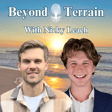


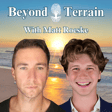

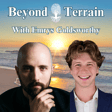
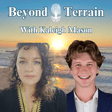




![DNA Doesn't Exist & Genomic Nonsense with Dr. Jerneja Tomsic [Part 2] image](https://media.zencastr.com/cdn-cgi/image/width=112,quality=85/image-files/652933f3a749dc383eb375de/ce5a5fd9-98c9-44fe-9b4b-3d0cd5abcf29.png)
